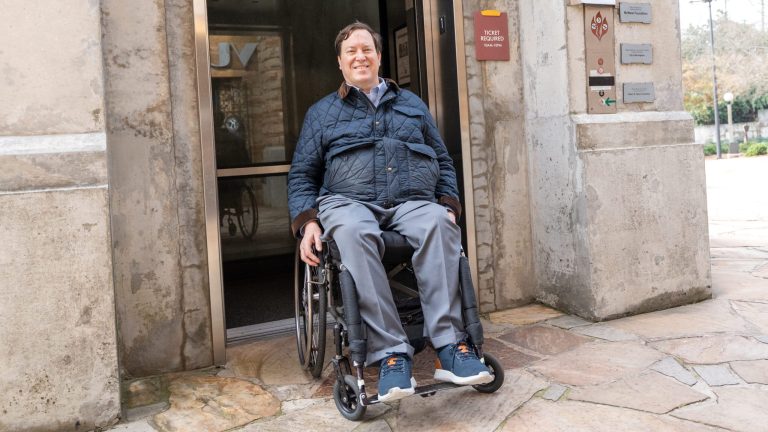Birmingham approves tiny shelters for city’s unhoused residents along with plans to provide services
Reading time: 3 minutes

After an hour and half discussion, the Birmingham City Council approved Mayor Randall Woodfin’s recommended plan to purchase micro-shelters as part of a safe sleep pilot program for the city’s chronically unhoused residents.
Called “Home For All” the program will provide a safe sleeping alternative for the unhoused which will include through community-wide partnerships a number of wraparound services.
“This is an opportunity to meet a critical need,” Woodfin said. “Our residents who are experiencing homelessness deserve to safely sleep in peace and with dignity. Home For All allows us to provide transitional housing while also helping to give our residents the much-needed support they need and deserve.”
Full Support of Council

The Birmingham City Council unanimously voted to work with Pallet Shelter, the leader in rapid response shelter villages. The organization has built shelter communities for individuals experiencing homelessness across the country, including in Fayetteville, Ark.; Dallas, Tx; Fresno, Calif.; and Tacoma, Wash. This is the first such program in Alabama.
Nationwide, they have constructed 1,764 sleeping units among 63 shelter communities with more than 4,000 people served.
After the lengthy discussion by the council, which included many constructive questions, District 3 Councilor Valerie Abbott applauded Mayor Woodfin for his administration’s efforts.
“To the mayor, thank you for being the mayor who finally did something— because I’ve been here long enough to know, we have talked and talked and talked.” said Abbott, who has been on the Council for two decades.

“I want to thank you for being the one who finally got off the dime and did something because this is good,” she added.
How it Works

According to a city news release, Pallet Shelter will help to create private, lockable sleeping units that feature a heating and cooling system and desk. These micro-shelters would be congregated in safe, private communities. Each can be assembled in under an hour and at a fraction of the cost of traditional homeless shelters.
Along with housing, the pilot program will provide additional resources for people who either sleep in shelters or on Birmingham’s streets each night.
It will:
- Addresses an immediate need for shelter based on recommendations from members of the city’s unhoused community and service providers
- Allows organizers to engage, assess and learn about the needs of the unhoused for plans to create transitional and permanent supportive housing in the future.
Site Selection and Partners
The City is now launching a Request For Proposals (RFP) for site selection and partners for this pilot. They are seeking public service providers, nonprofits and institutions interested in piloting a capacity building program to support chronically unhoused with non-congregant housing and wrap around services necessary to create sustainable life options.
Here are the important milestones regarding the RFP:
- Information Session 1: Tuesday, Jan. 17 at 5 p.m.
- Information Session 2: Thursday, Jan. 26 at 10 a.m.
- Proposals due by: Tuesday, Jan. 31
- Finalist notified: Tuesday, Feb. 14
The Home For All community is expected to be ready to serve early summer. For more information and to get a copy of the RFP, go to birminghamal.gov/homeforall.
For more news and around Birmingham, follow Bham Now on Facebook, Instagram, YouTube, TikTok + LinkedIn.



